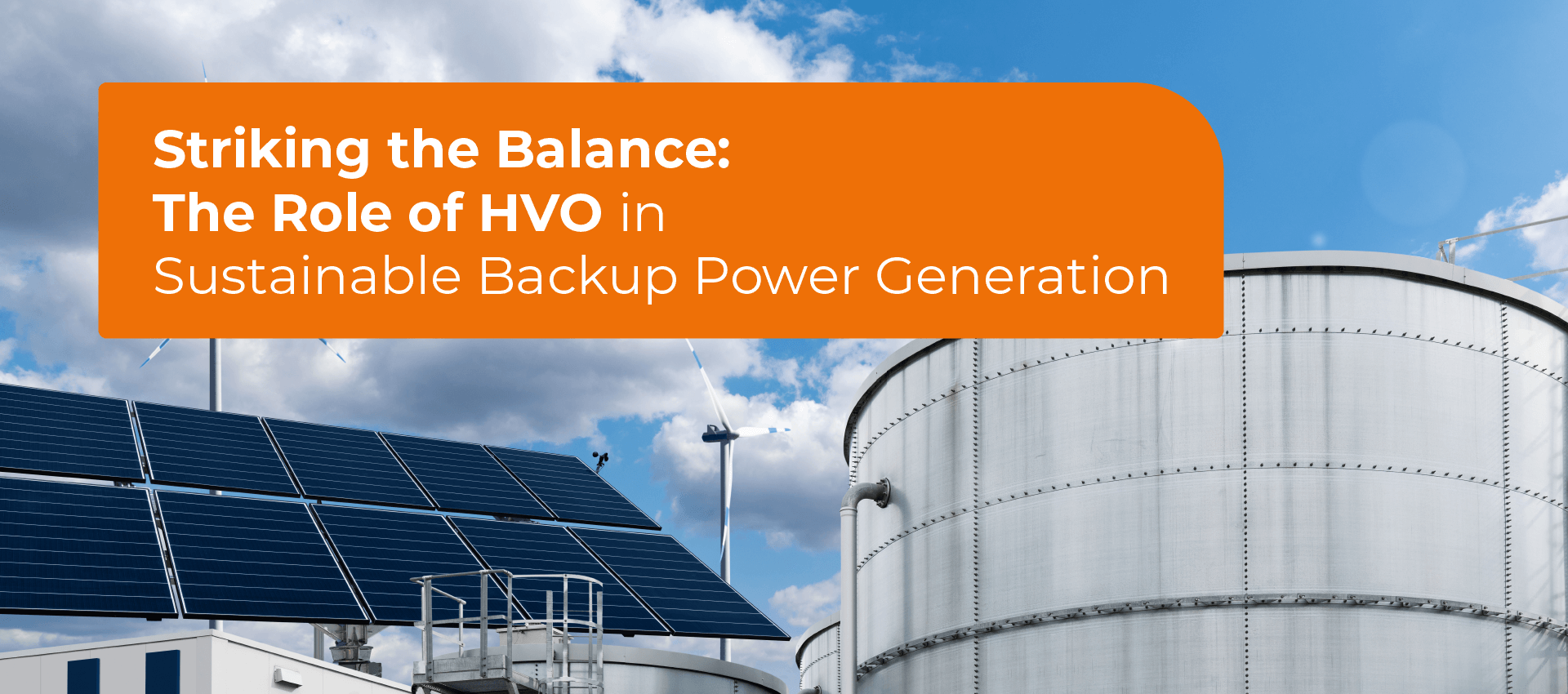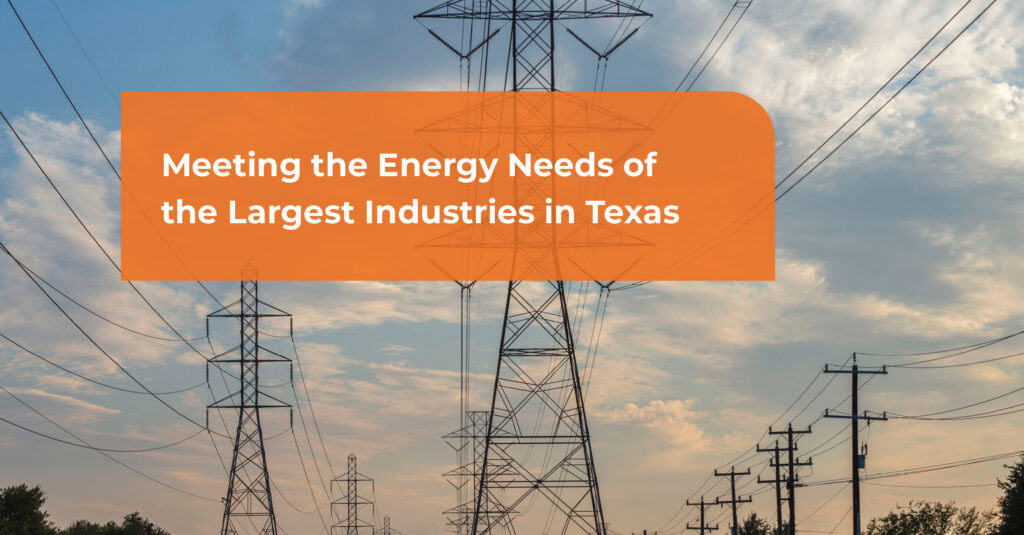
Striking the Balance: The Role of HVO in Sustainable Backup Power Generation
There are valid concerns around the sustainability of certain biofuels, especially where there may be a risk of these being derived from palm oil or other feedstocks linked to deforestation and ecological damage. The Irish Minister for Environment, Climate and Communications, Eamon Ryan, recently brought attention to the use of biofuels like Hydrotreated Vegetable Oil (HVO) in sectors such as energy and transport. A robust regulatory regime to guarantee that any imported biofuel feedstocks are genuinely sustainable is essential, and VIOTAS supports the Minister’s calls for additional scrutiny in this regard. While addressing these concerns, it is also crucial to recognise the important role responsibly sourced HVO can nevertheless play as a backup generation fuel, especially in times of increased energy demand or grid instability.
What is Hydrotreated Vegetable Oil (HVO)?
Hydrotreated Vegetable Oil (HVO) is a renewable diesel fuel made from vegetable oils or animal fats through a hydrotreating process. Unlike traditional biodiesel, HVO is nearly identical to fossil diesel, offering seamless compatibility with existing diesel engines and infrastructure.
The Minister raises important questions about the sustainability of the HVO supply chain. If not carefully managed, biofuels hold the potential to cause significant negative consequences, including environmental degradation or food security issues. If derived from crops like palm oil, such biofuel has the potential to contribute to deforestation, loss of biodiversity, and carbon emissions, which would eradicate their environmental benefits. Relying on large-scale biofuel production also has the potential to compete with food crops, pushing up food prices. These are serious concerns, especially in the context of a world grappling with climate change, where the right balance between sustainability and energy security must be found. Proper oversight is essential to avoid these pitfalls and ensure biofuels contribute positively to Ireland’s sustainable energy goals.
Despite these valid concerns, HVO which is guaranteed to be derived from waste second-use feedstocks which are genuinely sustainable still offers several key advantages that make it an attractive option for backup power generation:
1. Reduced Carbon Footprint Compared to Fossil Fuels
One of the primary reasons HVO has garnered attention is its significantly lower greenhouse gas (GHG) emissions compared to traditional diesel and other fossil fuels. When produced from waste oils or other sustainable feedstocks (such as used cooking oil or non-food crops), HVO can reduce lifecycle emissions by up to 90% vs. conventional diesel. This makes it an ideal choice for backup power systems where rapid availability and environmental considerations are critical.
While the negative impacts of certain feedstocks such as virgin palm oil are not in question, it is important to distinguish between unsustainable and sustainable HVO sources. We welcome the Minister’s comments and encourage better regulation of the HVO supply chain to ensure the use of sustainable feedstocks.
2. Compatibility with Existing Infrastructure
HVO is a drop-in replacement for diesel, meaning it can be used in existing diesel engines and power generation systems with minimal modification. This is particularly advantageous for sectors like emergency power generation, where maintaining reliability and operational continuity is paramount. Industrial and commercial premises, hospitals, and critical infrastructure facilities can use HVO in existing generators, offering a seamless and low-disruption solution for decarbonising backup power.
HVO is often seen as a way to decarbonise transport, where huge volumes would be required to replace diesel for this purpose. At VIOTAS, we see greater benefit in the electrification of transport where possible and conserving valuable feedstocks like used cooking oil for critical services that are less easily decarbonised, like back-up generation in times where wind and solar are less abundant, working alongside batteries and other storage solutions as part of a balanced portfolio of complementary technologies.
HVO, with its high energy density, is a reliable fuel that can be stored for extended periods and quickly deployed. This makes it a valuable tool for ensuring grid resilience in emergency situations.
The sustainability challenges surrounding HVO, especially where feedstocks risk being blended with unsustainable sources like palm oil, cannot be ignored. However, rather than abandoning HVO altogether, the solution lies in better regulating its supply chains and promoting the use of genuinely sustainable fuels from waste-derived feedstocks or non-food crops that harm neither biodiversity nor food production. Governments and policymakers should continue to incentivise the development of truly sustainable biofuels and mandating transparency in the sourcing of these fuels. Measures like strict sustainability certifications and traceability systems can ensure that HVO production and consumption align with global environmental and ethical standards.


